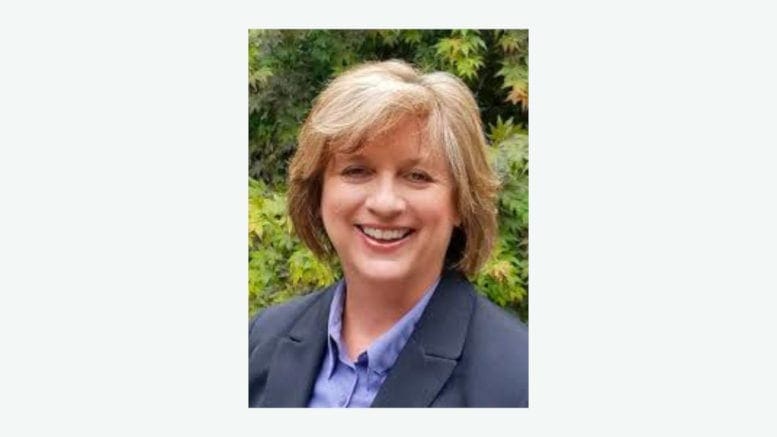By Melanie Dallas, LPC
On September 13, Highland Rivers Behavioral Health hosted a symposium about suicide among veterans. Called “It Takes a Village to Combat Veteran Suicide,” the symposium sought to examine the personal and societal conditions that result in the suicide deaths of some 22 veterans every day in the U.S.
The event featured a variety of speakers – local business owners who operate veteran-friendly establishments, mental health providers, representatives from the Shepherd Center (which provides treatment for traumatic brain injury), and veteran-specific community groups; most presenters were themselves veterans.
Despite these different professions, one theme that emerged from every speaker was connection – veterans who feel connected to their community, or peers or family, are less likely to self-harm. But feeling connected – knowing that someone cares – is not just important for veterans, it’s vital for everyone.
As we recognize September as National Suicide Prevention Month, it is a good opportunity to understand just how important feeling connected is, and – more important – how you can be the vital connection between someone who might be thinking about hurting themselves and the help they need.
You may be thinking ‘connecting’ with someone in distress means having an hours-long heart-to-heart discussion about his or her troubles and trying to offer some sliver of hope. But the truth is making a connection can be a much simpler and shorter interaction – and can ultimately be much more meaningful.
Consider the story of Kevin Hines. In 2000, when he was 19, Kevin attempted to end his life by jumping off the Golden Gate Bridge. Miraculously he survived, and has since become a leading suicide prevention advocate. He made a movie about his experience called “Suicide: The Ripple Effect,” which I would encourage absolutely everyone to watch.
In a 2017 interview about his decision to end his life, Kevin talked about taking a bus to the bridge, crying openly all the way. “I actually had a pact with myself,” he says. “(I)f one person says ‘Are you ok,’ ‘Is something wrong,’ or ‘Can I help you?’ I was going to tell them everything and beg them to help me.” But no one did.
Once he was on the bridge, where he stood for 40 minutes, the one person who approached him only asked him to take a photo of her. He took the picture and, after she walked away, jumped. “It was a split-second decision,” Kevin says. “(M)y thought was, ‘Absolutely nobody cares. Nobody,’ …and I catapulted into freefall.”
Although this story has a positive ending, it is still sad to think this young man spent so much time the day of his suicide attempt believing no one cared. Yet, making a connection to him would have been so simple, just asking, “Are you ok?” And today, making the next step in the connection – connecting someone to help – is as simple as dialing 988, the National Suicide & Crisis Lifeline (which in Georgia is answered by counselors at the Georgia Crisis and Access Line, GCAL).
How to take those few steps, to ask someone and connect them with help, is the subject of the QPR (Question, Persuade, Refer) training offered at no cost by Highland Rivers – which can be taught at your workplace, school or community group. If you are interested in learning more about QPR or suicide prevention, email us at zerosuicide@highlandrivers.org.
We called our veteran symposium “It Takes a Village…,” which might almost sound cliché. But it’s absolutely true. The village, the series of connections between and among people, is what helps people feel whole, cared-for and cared-about. And each of us has to power to invite someone into our village – “Are you ok?,” “Do you need to talk?” – to make a connection that could save a life.
Melanie Dallas is a licensed professional counselor and CEO of Highland Rivers Behavioral Health, which provides treatment and recovery services for individuals with mental illness, substance use disorders, and intellectual and developmental disabilities in a 13-county region of northwest Georgia that includes Bartow, Cherokee, Cobb, Floyd, Fannin, Gilmer, Gordon, Haralson, Murray, Paulding, Pickens, Polk and Whitfield counties.
